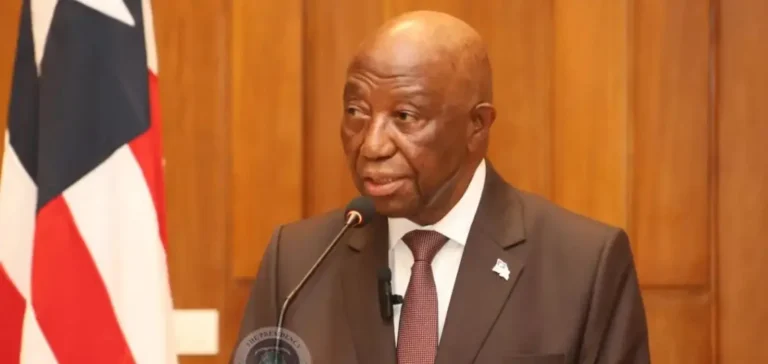Liberia has strengthened its electricity infrastructure over the past ten years, doubling its access rate to 32.5% in 2024 from 16% in 2014. Over the same period, residential tariffs fell from $0.52/kWh to $0.24/kWh, and installed capacity rose from 22 megawatts (MW) to 126 MW. Renewable energy now accounts for nearly 70% of this capacity. However, national electricity needs still exceed domestic generation, especially during the dry season when hydropower plants operate at reduced capacity.
Reliance on imports and structural deficit
The Liberia Electricity Corporation (LEC) relies on imported electricity to cover the supply deficit, currently at 50 MW, up from 27 MW two years earlier. According to official forecasts, national demand is expected to reach 388 MW by 2030. Based on current infrastructure and committed funding, projected capacity will not exceed 187 MW, leaving a 201 MW gap.
Weak private investment continues to hinder sector growth, despite an estimated $300mn portfolio largely funded through public channels. The country also experiences major disparities between urban and rural areas, worsened by inadequate infrastructure and limited fiscal resources.
Reform initiatives and public oversight
The Liberian government has implemented several reforms to improve sector governance, including the development of a Corporate Governance Code aimed at enhancing transparency and management efficiency. LEC has also built an integrated management information system to support the application of this framework.
Since 2022, LEC has been led by a full-time local management team. This transition introduced measures to reduce non-technical losses, such as campaigns against electricity theft and the regularisation of customer connections. Losses dropped from 41.3% in 2022 to 27.5% in 2024.
Access targets and multilateral support
Under the Mission 300 initiative, Liberia aims to connect 100,000 new households per year and raise national access to 75% by 2030. The plan also targets a 150% increase in generation capacity and the mobilisation of $150mn in private capital. The World Bank is already active in the sector, with a $237mn portfolio that includes the development of a 20 MW solar power plant and a 41 MW expansion to the country’s main hydropower facility.
International financial institutions such as the International Finance Corporation (IFC) and the Multilateral Investment Guarantee Agency (MIGA) are engaged to mitigate risk and improve project bankability. These efforts are intended to attract private capital into generation, transmission, and distribution to meet projected demand by 2030.






















